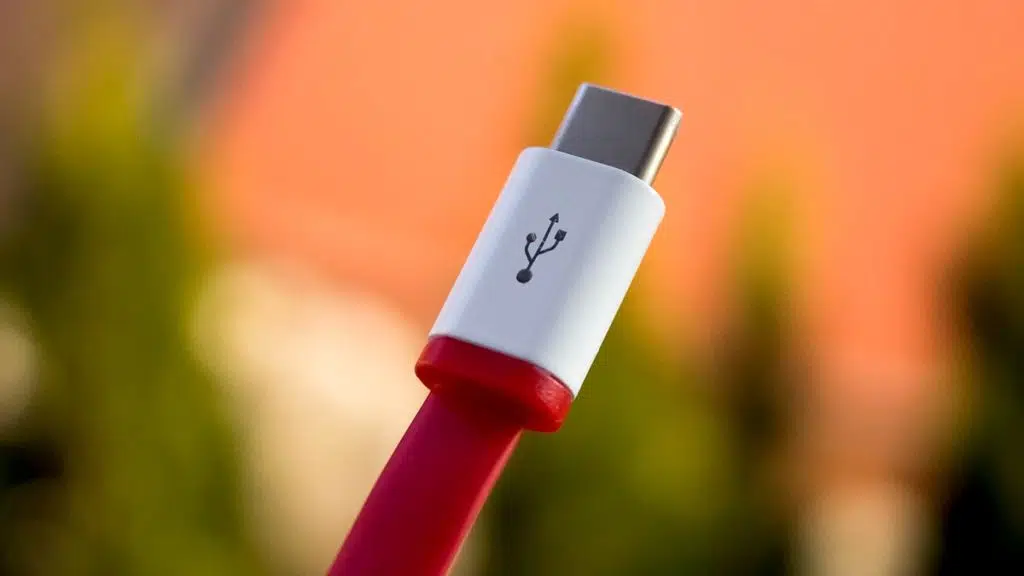
Bulky power bricks could be a thing of the past for gaming laptops and other demanding portable devices. USB-IF, the creators of the ubiquitous technology, has published the official specifications for version 2.1 of its USB Type-C standard.
The biggest and most significant change pertains to power delivery; the 2.1 revision allows for up to 240 watts of power delivery over a single Type-C cable. This is quite a bit better than the original implementation, which topped out at 100 watts.
Per Ars Technica’s coverage:
Comparing the USB-C 2.0 standard to today’s 2.1 standard, the optional new Extended Power Range (EPR) specification—which bumps maximum voltage up to 48 V, sufficient to deliver 240 W at 5 A—seems to be by far the largest change.
From a consumer’s perspective, the physical standard hasn’t changed—USB-C type 2.1 devices will plug into USB-C type 2.0 ports, and vice versa. Under the hood, the standards on the midplate have gotten stricter—a new paragraph has been added mandating that pins A4-A9 and B4-B9 (power, power delivery, and legacy USB 2.0 support) must not short to ground during connector mating.
The USB-IF’s 410-page documentation for its USB-Type-C 2.1 revision also confirms a number of other improvements, such as design changes to reduce the possibility of arcing when USB-PD cables. Standard power range cables (SPR) are also being deprecated for new extended power range (EPR) cables.
Source: USB-IF (via Ars Technica)
